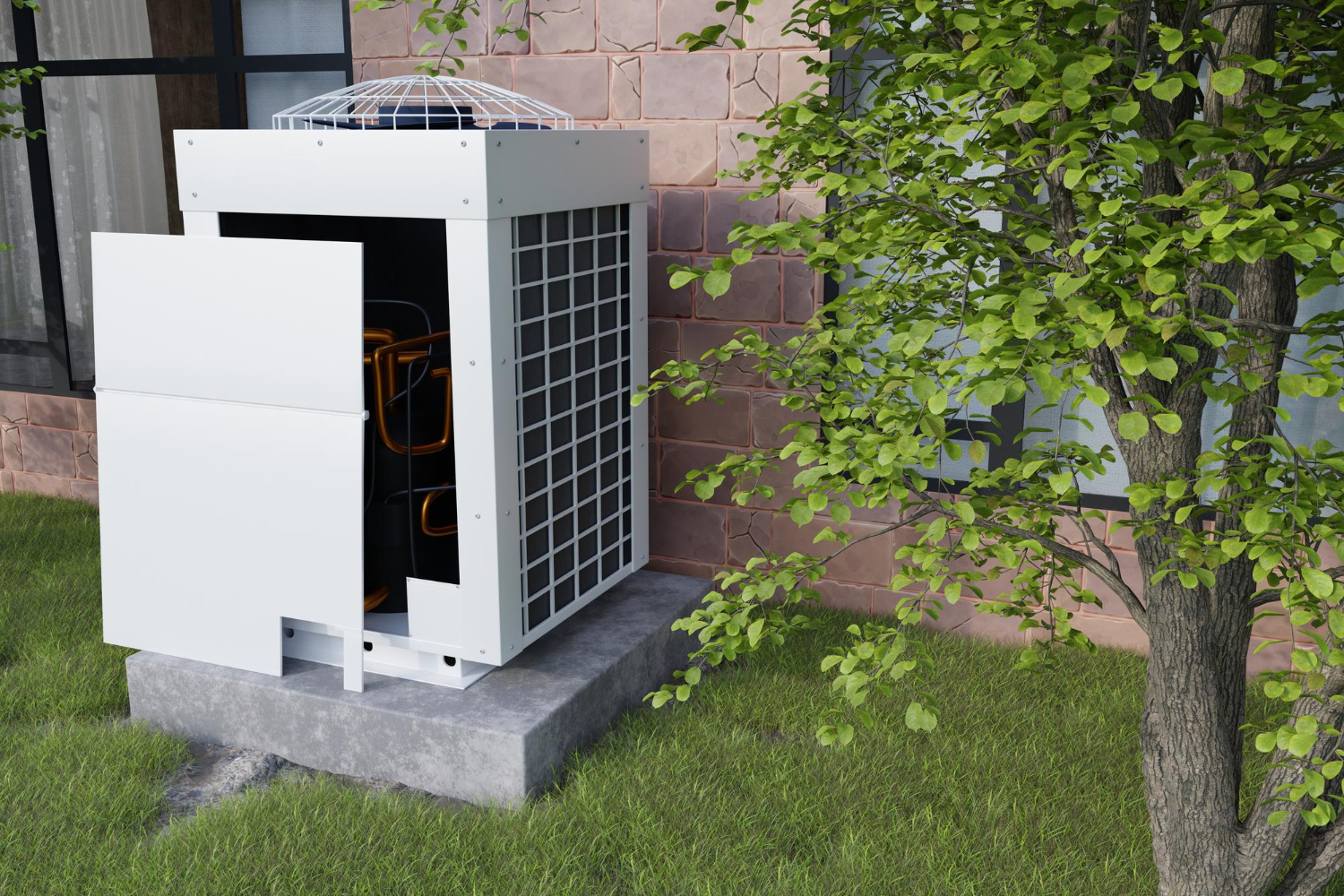Water building up around your indoor AC unit isn't something you can ignore. It usually points to one common issue: drainage pan overflow. In most cases, this is due to a blockage or a backup in your system that keeps water from draining as it should. During the cooler months, condensation may not be as heavy, but once summer hits in Moore, your AC works harder, generating more moisture. If that moisture can't drain out properly, it overflows, leading to water damage, mold growth, or even system malfunctions.
What starts off as a small drip can quickly turn into warped baseboards, soaked flooring, or musty smells throughout your home. Catching the problem early and understanding what’s behind it is key. Most homeowners don’t see it coming until it's already caused damage. Knowing what to look for and when to act helps you maintain control over your home’s comfort without last-minute surprises or possible costly issues.
Causes Of AC Drainage Pan Overflow
If your AC unit is overflowing, the first question you probably have is: why is this happening? Drainage pan overflows are more than just a random occurrence. They usually happen because something in the system isn’t working the way it should. Here are the most common situations that lead to this issue:
1. Clogged Drain Lines
Over time, dust, dirt, algae, and even mold can build up inside the AC’s drain line. This causes a clog that prevents water from flowing out of the drainage pan. When water can’t flow down the line, it backs up into the pan and spills over.
2. Damaged or Disconnected Drain Line
If your AC’s drain line is cracked, loose, or disconnected altogether, the water from condensation will have nowhere to go. Instead, it collects and eventually overflows. This kind of problem usually needs quick attention by one of our technicians to prevent further water damage.
3. Excessive Condensation
High indoor humidity or unusually long AC cycles can cause your system to produce more condensate than normal. If this happens and the drain line can’t keep up, even a pan in perfect condition can overflow.
To give you a real-world example, one homeowner in Moore noticed their laminate flooring beginning to buckle near the hallway AC unit. What seemed like a random moisture issue turned out to be a clogged drain line. The fix was simple, but the water damage could’ve been avoided with routine inspection.
Signs Your AC Drainage Pan Is Overflowing
Sometimes, the signs of a full or overflowing drainage pan can be subtle at first. But if you know what to watch for, you can act before the situation gets worse. Below are a few clues your AC system might be dealing with a drainage problem:
- Puddles or damp spots around the indoor unit, especially on floors or nearby walls
- A musty or mildew-like smell coming from the vents or near the unit
- Unexplained humidity inside your home, even when the AC is running
- Water stains on ceilings or wall surfaces near the AC air handler
- Dripping sounds when the unit is off, especially at night when the house is quiet
When one or more of these signs show up, it’s likely time to look into professional AC repair in Moore. Ignoring the early warnings can lead to mold growth, electrical issues, or bigger damage that could impact both the air quality and your wallet.
Preventive Measures to Avoid Drainage Pan Overflow
Dealing with an AC drainage pan overflow is costly and stressful. That’s why prevention is always the better option. Regular upkeep makes a big difference in keeping your system running smoothly through the heat of summer in Moore. Here are a few steps that can help lower the risk of overflow and water damage:
- Clean the AC Drain Line
Every few months, have the drain line inspected and cleared of any buildup. Over time, dirt and algae can easily clog the pipe, so a routine flush helps keep the line open and clear.
- Check for Proper Installation
A poorly installed system may have drainage lines pitched at the wrong angle or incorrectly connected. If your drain setup isn’t properly designed, even light moisture buildup can cause trouble. A full check of system design and install work helps rule out these faults.
- Inspect the Drain Pan for Damage
Drainage pans can rust, crack, or shift over time. If the pan isn’t sturdy and sitting level, it may spill even when there’s only a small amount of water sitting in it. Having one of our professionals check this component during routine service can prevent future leaks.
- Install a Float Switch
A float switch adds another layer of protection. If your drainage pan begins to fill up past a safe point, the float switch will shut the unit off to stop the system from making more condensation. It’s a simple device, but it gives homeowners peace of mind.
- Monitor Indoor Humidity Levels
Too much humidity makes your AC work harder and produce more moisture. Using a dehumidifier or improving ventilation in your home can reduce the moisture load on your AC.
These steps are most effective when done as part of an ongoing maintenance schedule. Seasonal checkups, especially in spring and early summer, make your system more reliable and help keep moisture problems in check.
When It’s Time to Call Our Professionals
Some drainage pan issues can’t be handled with routine prevention. That’s when it’s time to call our professionals for AC repair in Moore. When water has already started leaking or your system keeps shutting off due to moisture sensors, it’s better to get expert eyes on the problem before it spreads. A leak may appear minor on the surface, but it can reach insulation, drywall, or wiring before you even notice.
Here are times when it's best to reach out to our technicians:
- Your AC continues to leak water even after cleaning the drain line
- You see signs of mold or mildew near vents or indoor units
- There’s damage to your system’s pan or no float switch installed
- Water stains reappear soon after wiping them up
- Your AC keeps shutting off unexpectedly with no clear reason
When repairs are beyond basic cleaning or if multiple components are involved, a professional fix is safer and more efficient. Our technicians can trace the cause, replace damaged parts, and test your system for future risk.
Ensuring a Cool and Comfortable Home in Moore
Summers in Moore are no time to deal with AC water leaks or rising humidity indoors. Staying ahead of drainage issues protects both your comfort and your home. Overflowing AC drain pans are common problems, but with regular inspections, good equipment, and attention to the early signs, they don’t have to take you by surprise.
If your AC system is leaving puddles or smells musty, it’s time to take the issue seriously. Quick action can stop a small leak from becoming a big repair job. Whether you're seeing signs of overflow or just want peace of mind going into peak cooling season, scheduling professional AC repair in Moore keeps your home dry, efficient, and ready for whatever summer brings.
If your home shows signs of drainage pan overflow, trust Direct Air LLC to help protect your system from further damage with reliable AC repair in Moore solutions tailored to your needs. For a quick estimate or to book a service visit, please contact us today.

Financing
.png)








